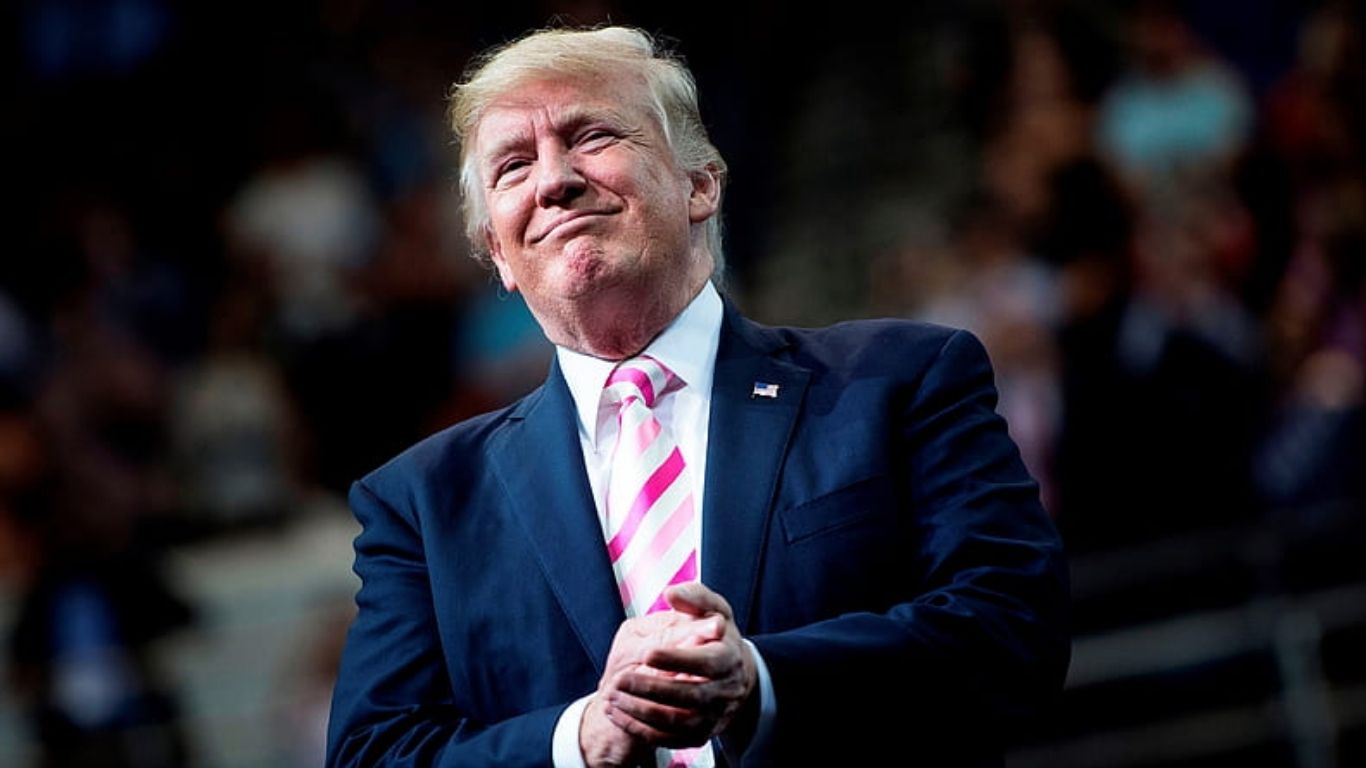
For a decade, the H-1B visa has been the golden ticket for
thousands of skilled foreign workers dreaming of a career in the United States.
But it’s a ticket awarded by chance—a digital lottery where an algorithm, not
merit, often has the final say. A software engineer from Bangalore, a data
scientist from Seoul, and a financial analyst from London all enter with
similar hopes, knowing that nearly two-thirds of them will receive a rejection
notice, their futures left to pure luck.
Now, a seismic shift is on the horizon. The central promise
of a potential second Trump administration is to shatter this lottery system
and replace it with a principle that is both simple and stark: the
highest salary gets the visa.
This proposal turns the American dream for skilled immigrants into a direct question: Is your paycheck your ticket? The implications are profound, not just for applicants, but for the entire landscape of American innovation. Let’s break down what this really means.
First, it’s crucial to understand the current system. Each
year, there are approximately 85,000 new H-1B visas available (65,000 for
general applicants and 20,000 for holders of U.S. master’s degrees or higher).
In recent years, applications have soared to over 700,000. This
oversubscription leads to a computer-run lottery, where a candidate’s
qualifications, experience, or even the prestige of their employer offer no
advantage once the minimum requirements are met.
The proposed change, echoing the "Buy American, Hire
American" executive order from 2017, would replace this randomness with a
wage-based selection process. The core idea is to prioritize petitions offering
the highest salaries relative to their occupation and geographic area.
How would this work? The Department of Labor uses a four-tier wage level system (Level I to Level IV) to determine "prevailing wages" for specific jobs in specific regions. The new system would likely rank all H-1B applications, granting visas first to those offering Level IV wages (the highest, typically for senior experts), then Level III, and so on, until the annual cap is filled.
Proponents of the wage-based system argue it’s a
long-overdue correction. Their goals are clear:
While the logic seems straightforward on paper, the human
and economic ripple effects are complex.
The Potential Winners:
The Potential Losers:
This proposal forces a difficult conversation: Is a
worker's "skill" or "value" defined solely by their salary?
Critics argue that this system reduces human potential to a
single financial data point. It risks creating a two-tiered immigration system:
one for the elite of the elite, and a closed door for everyone else, regardless
of their unique skills, potential for growth, or contribution to diverse
sectors of the economy.
Furthermore, it could exacerbate existing inequalities
within the tech industry, cementing the dominance of a few wealthy companies
and potentially reducing diversity of thought and background in the American
workforce.
While this is still a proposal, its possibility means
preparedness is key.
The proposal to tie the H-1B visa directly to salary is more
than a policy tweak; it's a philosophical pivot. It moves the conversation from
"Who gets a chance?" to "Who is the most expensive?"
While it aims to fix real flaws in the current system, it replaces the chaos of chance with the cold calculus of cost. The answer to the question, "Is your salary your ticket?" is becoming a tentative "yes." For thousands, the American dream is now contingent not just on their skills, but on the price the market is willing to pay for them. The final impact on innovation, equity, and the very spirit of American opportunity remains to be seen.
What do you think—should salary determine who gets a U.S. work visa? Share your views in the feedback here and follow Explore Real News for more updates on policy, business, and technology. Subscribe to our social media channels on facebook, Instagram, Linkedln and twitter.